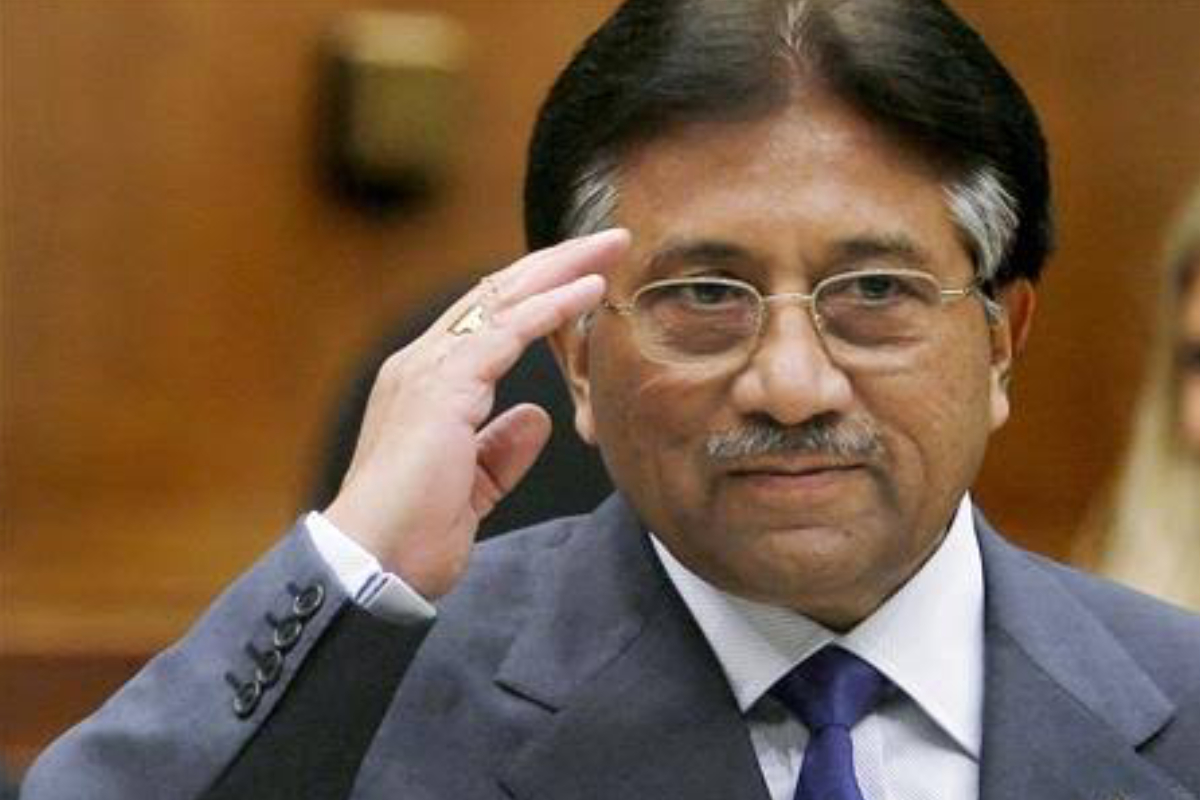The demise of the Pakistani military dictator Pervez Musharraf invited a flurry of respectful and nostalgic obituaries from Indian journalists calling him a “brave” and “no-nonsense” man. Congress leader Shashi Tharoor called him a “real force of peace”. When BJP protested, he retaliated by saying “I was raised in an India where you are expected to speak kindly of people when they die.”
Obituaries are not meant to paint individuals as saints but to recall and assess the legacy they left behind. So, the very idea that one must not be “spoken ill of” in death is antithetical to the act of writing an obituary.
Musharraf’s life was full of massive corruption scandals, links to political assassinations, and aiding and abetting terrorist groups, including al-Qaeda and Bin Laden. In 2019, a special court found Musharraf guilty of high treason under Article 6 of Pakistan’s constitution — for suspending the constitution when he imposed a state of emergency in November 2007 — and sentenced him to death.
Musharraf was accused of being responsible for assassinating Pakistan’s former Prime Minster, Benazir Bhutto, and was called a ”murderer” and a ”coward” by Bhutto’s children. During his tenure as Pakistan’s dictator, Musharraf was accused of
amassing huge wealth and depositing billions of rupees in overseas banks. His name figured in the Panama Papers leak scandal and there were allegations that he had sent billions of rupees outside the country through offshore accounts.
Pakistan’s support for notorious terrorist groups is very well known across the world, and General Musharraf was no stranger to this. Immediately after 9/11, Musharraf’s ISI chief, Mahmud Ahmed traveled to Afghanistan to talk to Taliban leader Mullah Omar. Mahmud Ahmed told Omar not to hand over Bin Laden to the Americans. Under American pressure, Mushrraf had to sack Ahmed. After 9/11 Musharraf was ready to cut off support for the Taliban but was not ready to dismantle the homegrown terrorists (Lashkar, Jaish) who were used as proxies in Kashmir.
Taliban was quietly allowed to regenerate in Pakistan, and it happened right under Mushraff’s watch. In 2014, British journalist and author, Carlotta Gall, wrote in her book, The Wrong Enemy: America in Afghanistan (2001-2014), ‘’Musharraf’s double-dealing may have gone as far as helping Al-Qaeda’s top leaders escape capture. In 2005, a senior Pashtun tribal leader told Afghan officials that al-Qaeda deputy leader Ayman al-Zawhiri was staying as a guest at the house of a senior Pakistani government official in Kohat. The official was none other than the governor of the NWFP, a retired general, and a Musharraf appointee’’.
Under Musharraf and his ISI chief, General Ashfaq Parvez Kayani, Osama Bin Laden lived and moved around Pakistan (Swat valley, Abbottabad, Haripur), the Taliban received consistent protection and support from Pakistan and came to threaten the entire US-led mission in Afghanistan. Musharraf’s misadventure in Kargil derailed the peace process started by the then Prime Minister Atal Bihari Vajpayee with his Pakistani counterpart Nawaz Sharif at the Lahore Summit in 1999.
During the Kargil war, Pakistan kept insisting to the entire world that the hundreds of invaders who had dug into mountaintop positions just inside Indian-controlled Kashmir were Mujahideen, Muslim holy warriors. Musharraf and his men couldn’t hide the truth for long. He refused to even recognize and claim his own countrymen’s fallen soldiers when it turned out that the so-called holy warriors are in reality, Pakistani army men.
Pakistani generals have a history of being engaged in exporting terrorism through its proxies and India has suffered the most from Rawalpindi’s evil designs for more than three decades now. Musharraf and other such generals deserve no respectful obituary from Indians.










